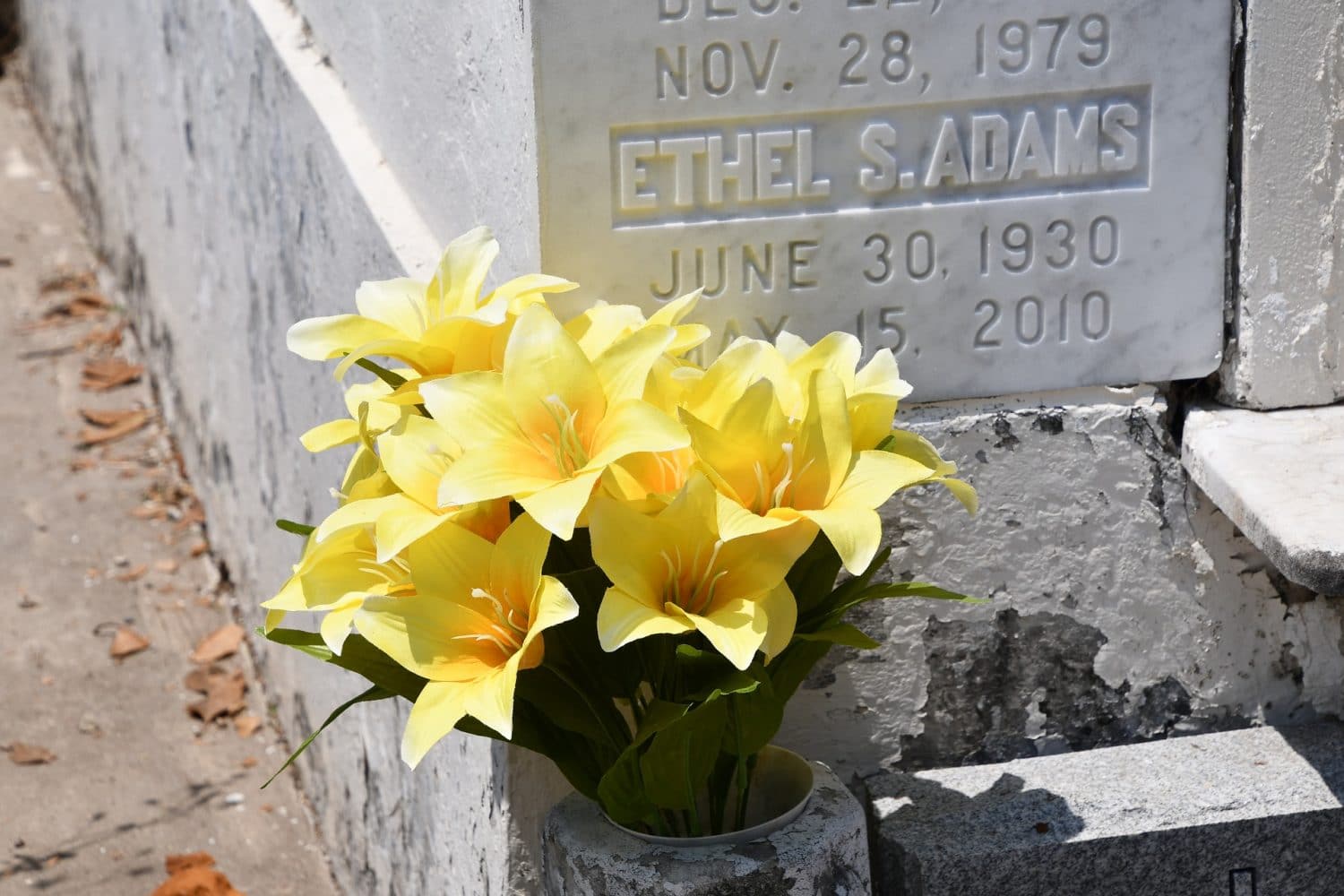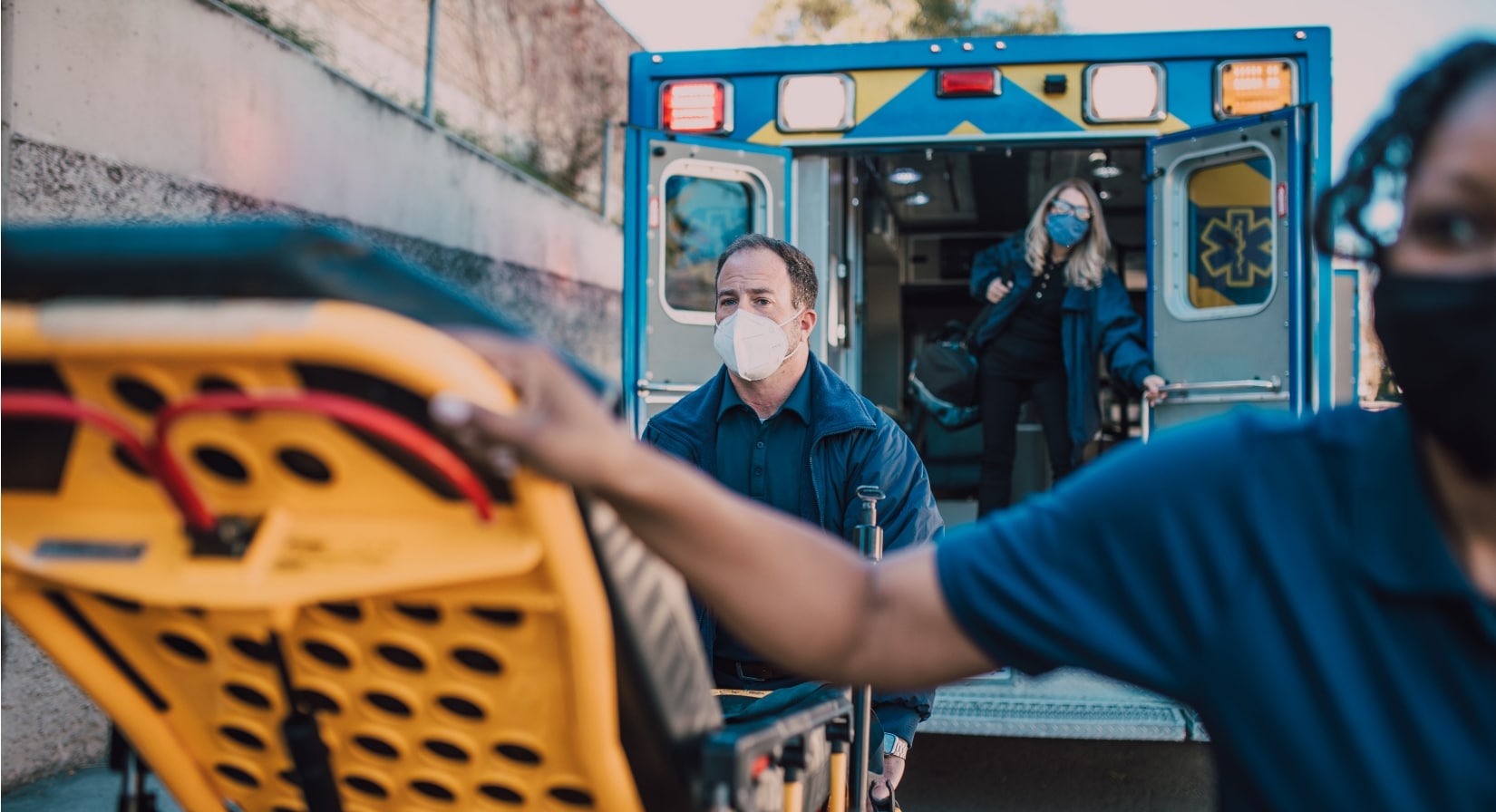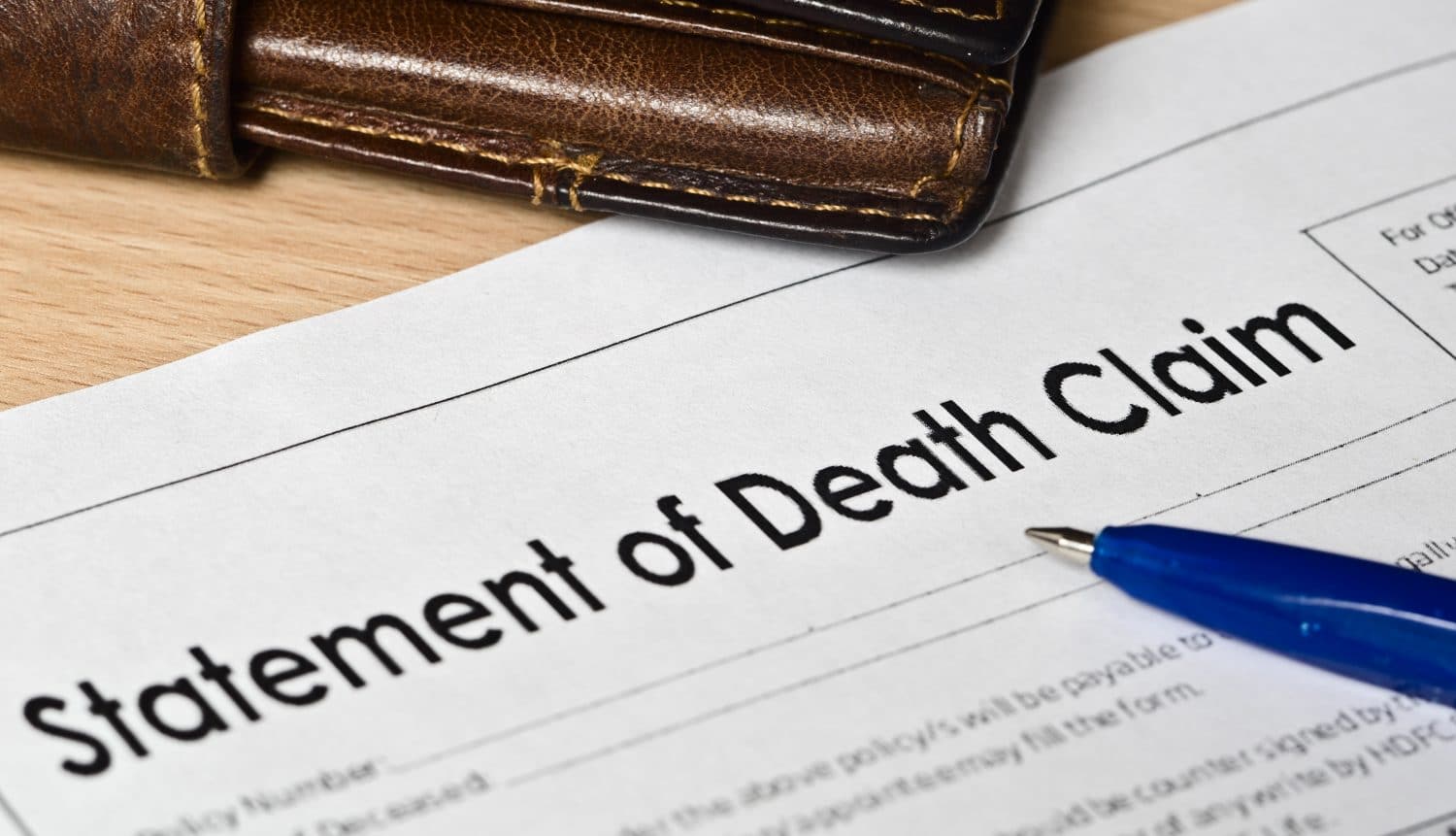No amount of money can adequately cover the emotional scars left by the death of a loved one. The pain will be deep and long lasting, no matter how or when that tragedy happens. But the surviving family members of wrongful death victims experience an additional level of pain when a loss has occurred because of someone else’s negligence.
If the death of your loved one could have been avoided, filing a wrongful death claim can help you in a number of ways. It allows you to tend to your family’s emotional needs by demanding accountability and fair financial compensation for your losses and emotional pain and suffering. At Crosley Law, we want to help our clients begin the long process of healing after a wrongful death by walking you through this difficult time and achieve a sense of justice and closure.
In this blog, the lawyers at Crosley Law outline who can file a wrongful death claim in Texas and how these claims work, so you can tend to your grief without needing to worry about medical bills, lost income, and other financial burdens.
Who Can File Wrongful Death Claims in Texas?
Texas law defines a wrongful death as one that occurs because of another person’s “wrongful act, neglect, carelessness, unskillfulness, or default.” (Here, the law means “default” as in “failure to fulfill an obligation,” as when someone defaults on a loan.) These claims usually are civil cases filed by close relatives.
Texas law allows various family members of the deceased to file wrongful death claims. Those surviving family members who may file a claim are called “statutory beneficiaries” in legal terms. That means that anyone who qualifies as a statutory beneficiary can file a claim on their own, or multiple beneficiaries can file as a group.
The following surviving family members can file a wrongful death claim after the death of a loved one in Texas:
- The victim’s spouse: This includes surviving spouses from both formal and common-law marriages, as well as spouses who are separated or in the process of finalizing a divorce when the death occurred. Same-sex spouses with a legal marriage certificate also fall in this category.
- The victim’s children: This includes both biological and legally adopted children of any age. It does not, however, include stepchildren unless they were legally adopted by the deceased. Note that if a child has been legally adopted, they may file a claim for the wrongful death of their adoptive parent, but not for the death of a biological parent.
- The victim’s parents: This includes both biological and adoptive parents, but it does not include foster parents. It also does not include stepparents unless they legally adopted the deceased person.
Unfortunately, Texas law does not allow siblings, grandparents, grandchildren, fiancés, those in long-term committed relationships, or any other family members not named above to file a wrongful death claim.
If there are no statutory beneficiaries who can file a claim, or if the beneficiaries choose not to file, your loved one’s estate administrator can file a claim on their behalf three months after the date of death. You should also know that if a beneficiary dies before their wrongful death claim is resolved, it is not possible for another beneficiary to “pick up” the claim and begin where the deceased beneficiary left off. Any other surviving beneficiaries will have to file a new claim.
The rules about beneficiaries vary from state to state, so if you have questions about your eligibility to file in San Antonio or Bexar County, contact the Crosley Law offices today.
Common Causes of Wrongful Death Lawsuits
While fatal accidents can occur at any time, our wrongful death attorneys frequently handle wrongful death cases involving:
- Car accidents
- Truck wrecks
- Bicycle and pedestrian collisions
- Motorcycle wrecks
- Traumatic brain injury cases
- Aviation accidents
- Dangerous and defective products
- Criminal conduct
- Workplace accidents
Wrongful death claims can result from a wide variety of negligent actions, from drunk driving to reckless behavior on the job.
What is the Statute of Limitations on Wrongful Death Claims in Texas?
To give survivors relief from the financial burdens that a wrongful death creates, the State of Texas allows you to file wrongful death claims against the responsible party and receive damages. However, Texas law also requires that you file your wrongful death lawsuit within two years of your loved one’s death. There are a few exceptions to this rule, but they are relatively rare, so you should never count on them without advice from an attorney. After the two-year window expires, any chance of receiving fair compensation for your loved one’s death and holding the negligent parties accountable will be gone.
Two years may seem like a long time, but that period can very easily pass by quickly. Consider this example: A woman riding a bicycle is killed by a car. The family spends five or six months mourning before it even begins hiring an attorney. After spending a month searching for a law firm the family feels comfortable hiring, the attorneys need another three months to research and investigate the claim. Two months after that, a lawsuit is filed.
Here, you can see how an entire year already passes before the case even can proceed in any meaningful way.
If you are thinking about filing a claim, you should speak to an experienced attorney from the Crosley Law team as soon as possible. By contacting us right away, you can ensure our attorneys will have enough time to conduct a thorough investigation and build the best possible claim.
What Kinds of Compensation Can I Receive from a Wrongful Death Claim?
The types and overall amount of financial damages you can receive by filing a claim will vary depending on your situation, but some of the most common types of wrongful death damages are based on:
- Lost earnings capacity from your loved one
- Lost inheritance, including the amount of money your loved one would have been able to save and leave your family
- Loss of companionship, care, and love
- Mental anguish due to your loss
- Loss of household services and support that your family member would have provided
If your case is won at trial, the jury will typically determine how compensation should be distributed among family members, usually based on who was closest to the victim or who is most affected by the loss.
Texas law also allows for another type of damages called exemplary or punitive damages. Unlike the types of damages listed above, punitive damages aren’t based on specific losses that the victim and their survivors suffered like funeral expenses. Instead, these damages are intended to punish defendants for especially reckless or callous behavior and send a message that this type of behavior will not be tolerated. Punitive damages are awarded solely at the court’s discretion, and there is no way to determine whether they might be a factor in your claim without knowing the specific facts of your case.
You may be wondering how much compensation you could receive from a wrongful death claim. Because each wrongful death claim is unique and complex, it is impossible to provide an estimate of your case’s value without knowing all the facts. Some factors that may influence the potential value of your case include the deceased person’s age, profession, earnings potential, and whether their actions contributed to their death.
A $28 Million Verdict for One Grieving Family
The experienced wrongful death attorneys at Crosley Law have earned a reputation for their legal strategies and commitment to their clients. To get an accurate and informed picture of your claim’s potential value, contact us so we can listen to your story, assess your case, and give you expert advice about your legal options.
We helped the family of Ed and Aleshia with their wrongful death suit after they were struck by a drunk driver while working on a car in front of their Bexar County home. Ed was tragically dragged to his death, while Aleshia suffered critical injuries. County prosecutors filed criminal charges against the driver, but Ed’s family turned to Crosley Law to assist with a wrongful death claim to help with their financial distress.
Tom Crosley worked closely with the prosecuting attorneys and due to his diligence and attention to detail, the jury returned a verdict of $28 million . It was one of the top 100 largest jury verdicts in the United States that year.
“We never wavered,” Tom Crosley said. “We had to do what was right for this grieving family. Their losses were so deep. While no amount could truly compensate Aleshia and her daughter, we were thrilled to help them get the closure and accountability they deserved.”
Crosley Law: Fighting on Behalf of Wrongful Death Victims in San Antonio
If you have lost a loved one because of someone else’s negligent behavior and you are considering taking legal action, the Crosley Law team is here to help. To get an accurate and informed picture of your claim’s potential value, contact us so we can listen to your story, assess your case, and give you expert advice about your legal options.
To schedule a free consultation with one of our wrongful death and personal injury attorneys, please call us at 210-LAW-3000 | 210-529-3000 or fill out the contact form on this page. During your free consultation, we will listen to your story and provide legal advice about your best path forward. Don’t let concerns about fees stop you from contacting us; our no-fee policy ensures you’ll never pay attorney’s fees unless we get you a settlement or win your case in court.
References
Wrongful death, Texas Civil Practice and Remedies Code § 71.001–71.012. (1993 & Supp. 2003). https://statutes.capitol.texas.gov/Docs/CP/htm/CP.71.htm
The content provided here is for informational purposes only and should not be construed as legal advice on any subject.








